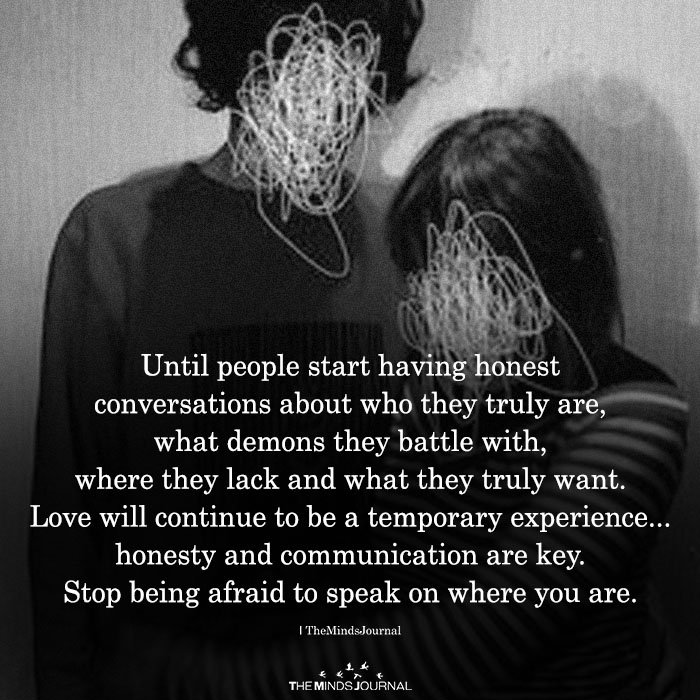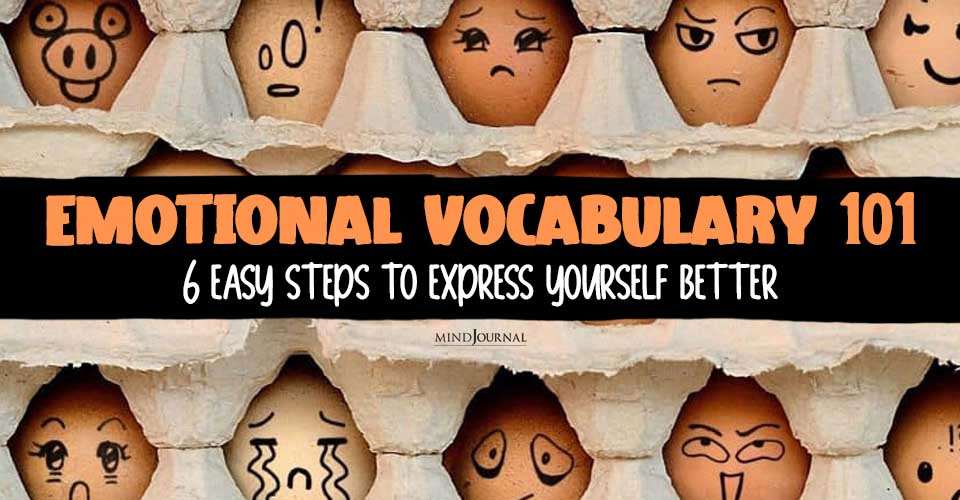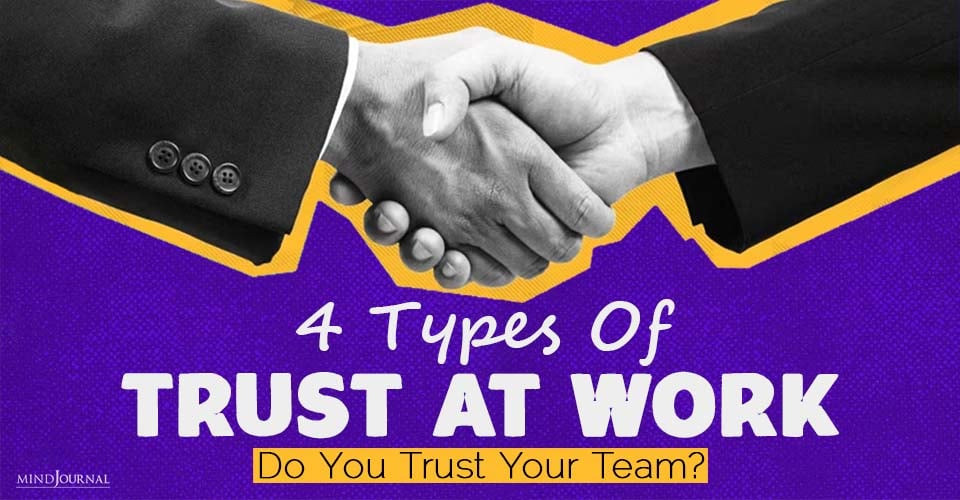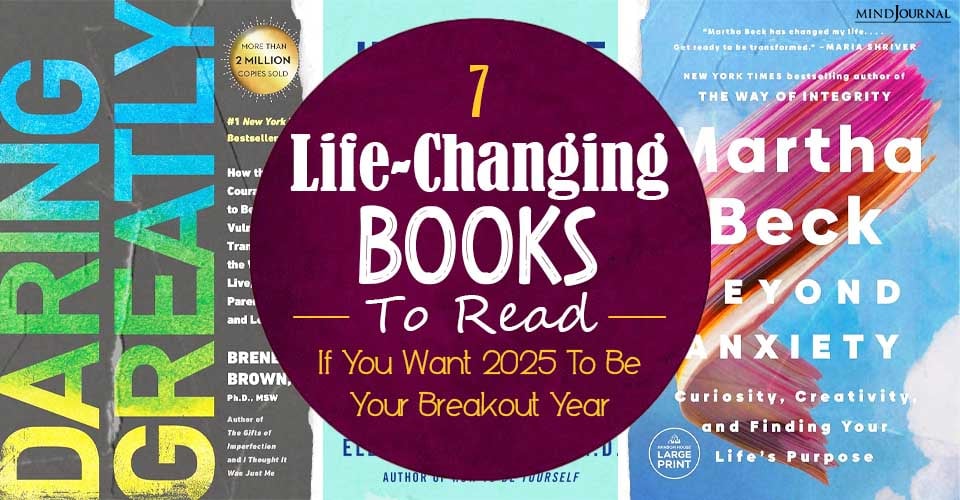Struggling to express your feelings can feel really frustrating. And that’s why building a strong emotional vocabulary can make a huge difference in your life. Imagine being able to articulately express your emotions and understand others’ emotions more clearly.
Today, we are going to talk about some of the best things you can do improve your emotional vocabulary and explain why it’s so important. When you have better emotional words at your disposal, you will notice that you are better able to enhance your communication skills and build stronger and more meaningful connections with those around you.
So, are you ready to elevate your emotional lingo and show everyone how it’s done? Let’s get started with the meaning of emotional vocabulary.
What Is Emotional Vocabulary?
Emotional vocabulary is all about the words you use to describe and convey your feelings and emotions. It’s like you have a personal toolkit for talking about your emotions. Instead of simply saying “I am sad”, you might say something like “I am feeling really disappointed” or “I feel so let down.”
Having a rich emotional vocabulary helps you express yourself better and understand others’ feelings too. It’s like adding more colors to your emotional palette, making your conversations more vibrant and meaningful.
The better you get at naming your feelings, the easier it becomes to deal with them and connect with the people around you.

Okay, now that we know the meaning of emotional vocabulary, let’s talk about the best ways to improve your emotional vocabulary.
6 Simple Ways To Upgrade Your Emotional Vocabulary
1. Get to know your emotions.
When it comes to upgrading your emotional vocabulary, the most important thing you need to do is understand your emotions. It’s like making new friends – you wouldn’t call every friend with the same name, right?
Emotions are the same – they all have their own names and qualities. Start by recognizing the basic emotions: happiness, sadness, anger, surprise and fear. However, don’t just stop there, because there’s a whole rainbow of feelings that exist within all of us.
Pro Tip: Have a personal journal, and write down how you feel every day. Don’t hesitate to be descriptive and specific about how you are feeling. If you are thinking of saying, “I feel really sad,” instead write “I am really disappointed and heartbroken I didn’t get that job.”
Over time, you’ll start seeing patterns and getting more comfortable with identifying your emotions.
2. Expand your emotional vocabulary.
Okay, now that you know your basic emotions, let’s add some spice. Expanding your emotional vocabulary is like upgrading from a basic phone to a smartphone – it makes your life 10x easier! When you can pinpoint exactly how you feel, isn’t it easier to communicate with others and understand yourself better?
I would take a bet and say a big, fat YES! Okay, here’s a cheat sheet to get you started (you can thank me later!).
- Happy: Delighted, ecstatic, content, cheerful, joyful
- Sad: Disappointed, heartbroken, gloomy, melancholic, down
- Angry: Furious, irritated, annoyed, frustrated, enraged
- Fearful: Anxious, terrified, worried, uneasy, nervous
- Surprised: Shocked, amazed, astonished, startled, flabbergasted
Try out these really fun exercise while you are at it. Play the “Emotion Word of the Day” game. Each day, pick a new emotion word and try to use it in a sentence. It’s a fun way to learn and remember new words.
3. Read emotional literature.
One of the best things you can do is dive into poems, books and stories that explore deep emotions. Literature is a treasure trove of it all, and authors, poets and writers often describe feelings in vivid and unique ways that inspire you.
Also, it’s an enjoyable and fun way of expanding your emotional lexicon. Try reading genres like drama and romance, where emotions play the biggest and most important part. Take note how the characters express their feelings and borrow those expressions for your own use.
It’s like taking a peek into someone else’s world.
4. Practice active listening.
One of the best ways to improve your emotional vocabulary is by listening to others. When you pay attention to how other people are expressing their feelings and emotions, you will pick up words and phrases that you can use.
Also, being a good listener makes you a better friend, colleague, spouse and partner.
Quick Tip: When someone shares their feelings with you, repeat back what you heard in your own words. This not only shows that you were listening but also helps you practice using different emotional terms.
5. Engage in honest conversations.
Have honest and open conversations with your friends and family about your feelings. Sharing your emotions and listening to others can help you discover new ways to articulate your own. It also builds deeper connections and fosters empathy.
Initiate a conversation with someone close to you about a recent experience and how it made you feel. Encourage them to share their feelings too, because this mutual exchange won’t just enhance your emotional vocabulary but also strengthen your relationships.

6. Use analogies and metaphors.
Sometimes, describing your emotions directly can be tricky and quite challenging. That’s where analogies and metaphors come in handy. They paint a picture and make your feelings more relatable. Think of them as the emojis of language – they might be small, but they are powerful and convey a lot.
For example, instead of saying “I feel nervous,” you could say “I feel like there are butterflies having a party in my stomach.” See how that paints a clearer picture?
Try this: Next time you’re trying to describe an emotion, think of a metaphor that fits. It might feel silly at first, but it really helps!
Bottomline
So there you have it – six easy steps to improve and upgrade your emotional vocabulary. It’s all about getting to know your feelings, expanding your vocabulary, using creative descriptions, listening to others, and being open. With a little practice, you’ll be an emotional vocabulary pro in no time!
Related: Emotional Literacy: 8 Strategies For Identifying Emotions For Adults
Got any fun emotional vocabulary tips or stories? Share them in the comments below!










Leave a Reply